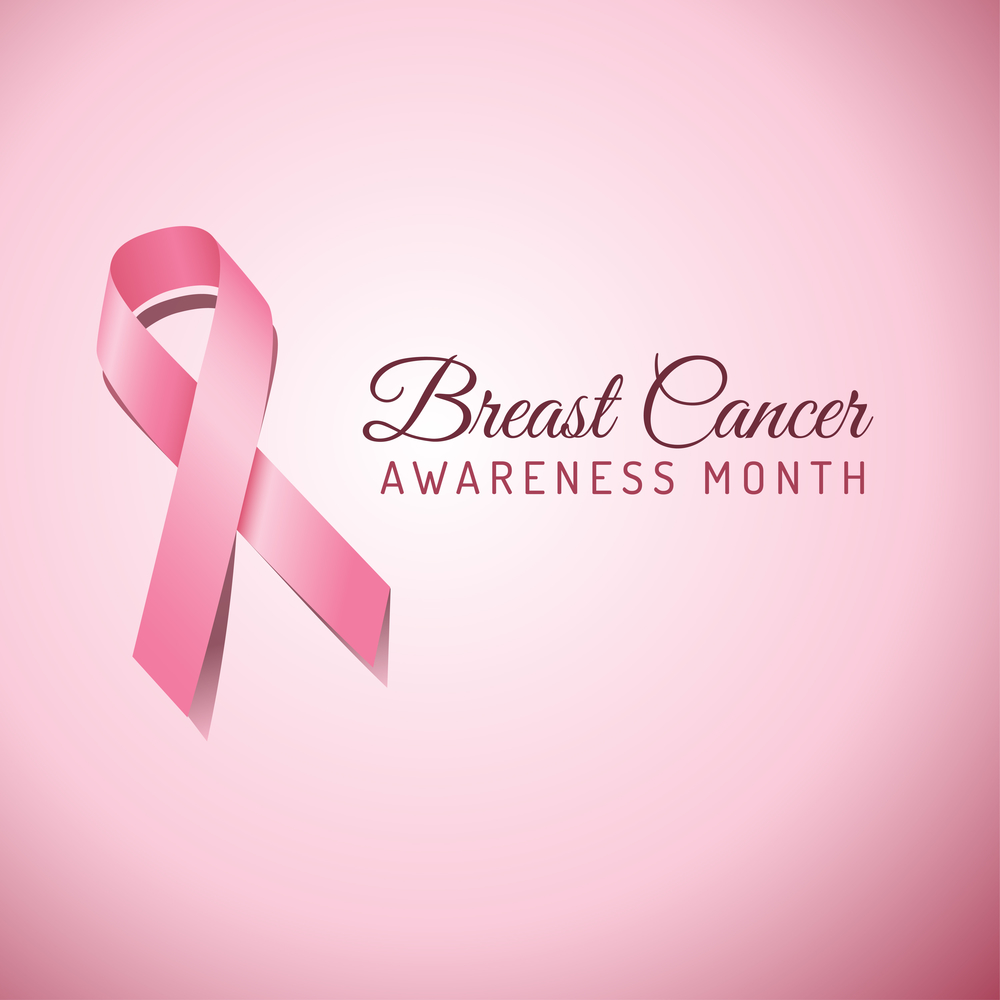
Early detection is the key to fighting breast cancer, yet too many women do not take the steps they should to find breast cancer at its earliest, most curable stage. In fact, when detected early, breast cancer’s survival rate is 100 percent. In honor of Breast Cancer Awareness Month in October, Lundy Law offers these tips for early detection.
Kids Give Advice to their Busy Moms from NBCF on Vimeo.
Symptoms and Signs
Most people who have breast cancer will have one or two symptoms. These signs or symptoms should be immediately investigated by a healthcare provider. The easiest way to notice changes in the breast are through monthly breast self-examinations. You will want to look for nipple tenderness or a thickening near the breast or under the arm. Skin that develops an orange peel texture with pores that seem enlarged may also be a sign. A lump in the breast may be another sign and, although all lumps should be checked by a healthcare professional, not all breast lumps are cancerous. A suddenly inverted nipple or a scaly, red or swollen area on the breast or nipple may also be signs of breast cancer. Nipple discharge when a woman is not breastfeeding could also be a warning sign.
Breast Examinations
Women should perform self-breast examinations once each month as 40 percent of cancers are detected by women who feel a lump. Breast examinations should be performed in the shower when hands are slippery, in front of a mirror so the breast can be visually inspected and lying down so that the breast tissue spreads evenly along the chest wall. A clinical breast examination is performed by a qualified health professional and should be performed at least once per year.
Mammogram
Women over the age of 40 should have a mammogram every one or two years. Women who have a family history of breast cancer who are under the age of 40 should discuss how often mammograms should be performed. If mammogram results are abnormal, the doctor will order additional tests that may include ultrasound or MRI. If those tests show a problem, the doctor will often recommend a biopsy to diagnose the area.
Creating an Early Detection Plan is a proactive way to find breast cancer in the early stages when it is the most treatable. There are apps available through the App Store and Google Play that can help you create an Early Detection Plan and alert you when it is time for breast examinations and to schedule your annual healthcare exams for breast health. Lundy Law is a proud sponsor of Race for the Cure and the Pink Tide Ball in Philadelphia which both raise funds for breast cancer research.
















